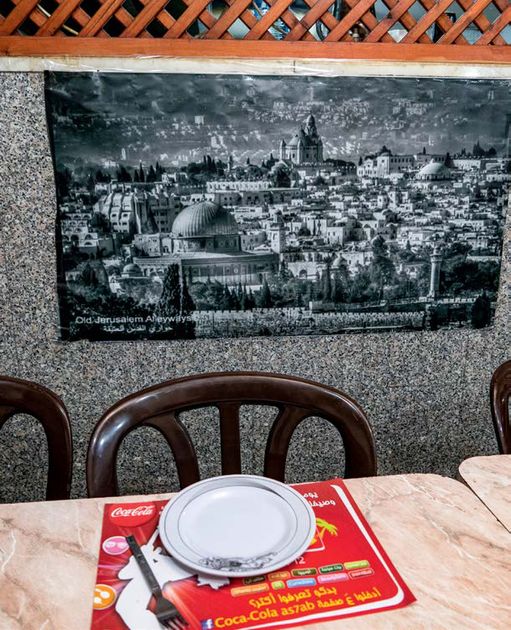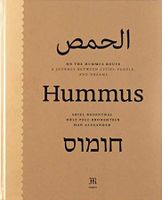Advertisement
Tell be how you eat your Hummus, and I will yell you who you are
By Ariel Rosenthal, Orly Peli-Bronshtein and Dan Alexander
Published 2019

I love freshly made hummus with lots of chickpeas and lemon juice on top, but I never eat hummus in a hummusiya – a restaurant that specializes in hummus – unless it is Arab owned, and the hummus is prepared and preferably served by Arabs. My reasons for avoiding a hummusiya reveal all of the social and political aspects embedded in the production, commodification, and consumption of hummus in Israel.
“Hummusologists” i.e., hummus lovers who define themselves as connoisseurs of hummus, taste-markers, and ongoing searchers for the best hummus, debate over a “fateful question”: What makes a good hummusiya? Hummus, in many respects, is like coffee. You either like the coffee in a particular place or you don’t. We all have our particular way of drinking coffee (or eating hummus), which can be distasteful to another. Still, it is not the quality of the hummus alone that makes a good hummusiya.

